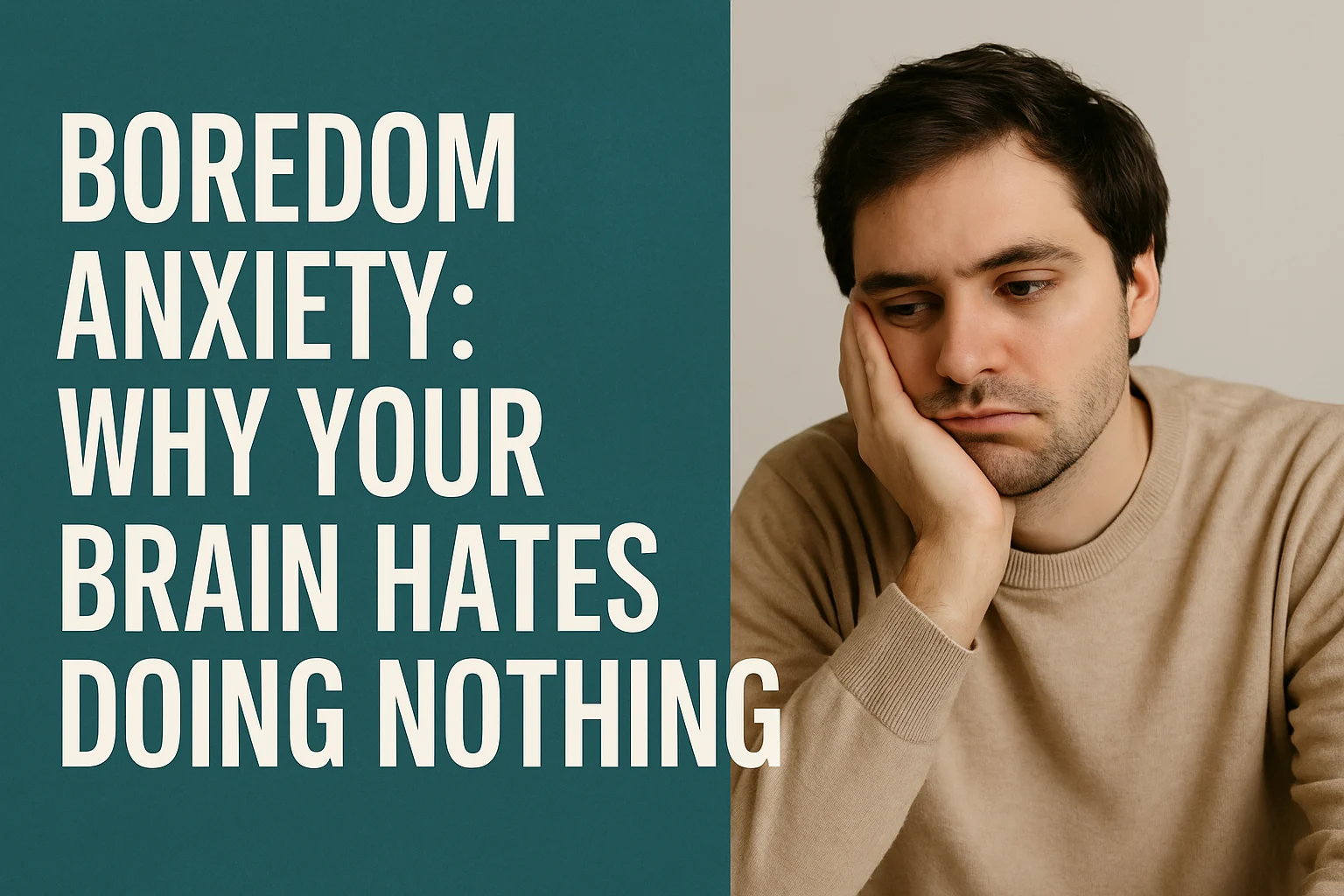Like any other day, it was Monday morning. My alarm went off at 6 AM—the third one, actually. I stared at the boring ceiling of my room as I felt hazy and mentally scrolled through the chaotic to-do list. I had a long day up ahead starting with finishing the reports, replying to messages, sending that email, making time for a quick workout (hopefully), and then calling my mom and getting some rest somewhere in between? Well, that is, if I get any.
So, I got up, brewed some coffee, and promised myself, “Okay, today I will manage my time better.” The clock struck 12, and then I looked at my desk; it was a mess! Sticky notes and reminders scattered all over the place, and half-finished tasks that I have been procrastinating on fora while. I didn’t feel productive because I didn’t get anything done. But was I busy the whole morning? Yes.
Then I remembered this quote: “You have as many hours in a day as Beyoncé.”
Because, yes, technically I do, but somehow, her 24 hours seem more like a magical universe where things get done, while mine somehow melt into a blur of things that nearly got done.
Where the Illusion Begins
We live in a world where everyone is obsessed with productivity. Because after all, productivity bears the fruits of success. The more productive you are, the more outcome you generate. But what is all this productivity actually producing? Do the things we are doing even matter?
In today’s world, everyone is falling for the “hacks to master time” propaganda and consuming content that provides little to no real help in the form of books, podcasts, and reels of self-proclaimed time management gurus. We are told to wake up at 4 AM and make planners and schedule every hour, every minute.
But unfortunately, time is not something you own or control. It just…flows. Time isn’t a tool. What you actually have to manage isn’t time but rather yourself within time. You can control your energy, focus, emotions, and choices but not time.
This illusion is formed when we certainly believe that rearrangement of our hours will fix the chaos in our lives, but the sad truth is, it’s not about the hours we have but how we experience them.
Delusion of Being Busy
When you are making that planner and scheduling every second of your life, you are actually mistaking being busy for being in control. Filling your calendar with events and goals that don’t even matter isn’t productivity; instead, it creates a delusion—a visual sense of purpose, but in the end, it is all meaningless. The noise created by being busy feels like movement even when you are doing nothing but standing still. When you think about it, you realize ticking checkboxes, replying instantly to every ping and email, and having lunch while watching a video on “time management” isn’t productivity.
Because at night, when you are ready to retire for bed, you feel exhausted. Exhaustion means you did something right? Well, here’s a harsh truth. You are exhausted—not from creation, but from consumption and reaction.
People often use being busy as a coping mechanism because it makes them feel validated. But when you look at it from another perspective, you realize most of your busyness didn’t lead you anywhere. You find yourself right where you started, or perhaps where you were always meant to start.
Also Read: Boredom Anxiety: Why Your Brain Hates Doing Nothing
Manage Energy, Not Time
Ask yourself, what if instead of trying to manage time, you learn to manage your energy? Your physical, mental, and emotional energy is the driving force that pushes you to do something. If your energy is drained, your perfect schedule becomes meaningless.
Here is how you should manage your energy.
1. Productive When You Are Alert
Everyone is different and unique. Some people feel more alive and alert in the morning, while others at night. Start your hardest and most energy-consuming tasks when you feel the most alert and focused because wasting them on emails and errands would be a complete waste.
2. Rest When Your Body Asks
No, you cannot fight fatigue with your favorite Starbucks coffee or energy drinks. So, instead of trying to fight it, take some time out to rest. Don’t feel guilty because rest isn’t laziness. You need to recharge so you can show up better.
3. Find the Reasons Behind Energy Leaks
There might be some tasks or people that drain you till you can’t focus on anything else and your to-do list becomes a chore for tomorrow morning. Find out the possible causes. Is it a toxic chat group? Or perhaps doomscrolling? Awareness is the step that comes before you take an action.
4. Build Micro-habits That Ground You
Forming micro-habits like taking a walk, journaling, stretching, or meditating can ground you between heavy tasks. These small breaks help boost your productivity more than your 10 extra “grind hours.”
Trap of Productivity
The productivity culture in this generation has fooled most of us into believing our worth is measured by the output we provide. So, when you are not constantly doing something, you feel guilty because, from your perspective, you are wasting time, which isn’t true.
Remember the time you spent laughing with a friend, watching a sunset, or lying quietly next to someone you love? Those moments make us feel alive, but why is that? I mean, they are not productive activities. Because the time you think you wasted “doing nothing” was actually spent living in the moment instead of rushing through motions. Don’t dismiss it if it doesn’t fit in your Google Calendar. Don’t let productivity replace purpose.
Check: Why You Can’t Sleep: Insomnia Causes and Natural Cures
Practice Being Present
The term “present” means to be fully engaged with what is happening in the moment without rushing toward what’s next. To practice being present, start small. Maybe stop jumping from one task to another. Do one thing at a time with full attention and focus, and instead of doomscrolling late at night, reflect on yourself. Little tools and blogs can guide you toward presence—even a short read on UpdateMee can give you fresh ideas to slow down and focus on what matters.
These small practices will help you remove the blur in your life.
Reframe Time
To reframe how you spend time on activities and productivity, you should start by asking yourself this simple question: “How can I make time meaningful?” Here’s how.
- Don’t do more; find out what truly matters to you and prioritize them first.
- Don’t schedule every minute; instead, give your best energy to something that deserves it.
- Stop chasing control and go with the flow.
Time isn’t slipping away from you. You can make it meaningful by managing yourself.
Final Thoughts
Time is never meant to be managed, but it is something you witness, cherish, and live through. Our obsession with using it well is actually keeping us from experiencing it fully. Remember, you aren’t in a race with the clock. The clock isn’t your enemy but just a mere reminder that you are alive, moving, and breathing through moments that will never repeat.
So, from today, stop asking if you have enough time, but instead ask yourself, “Am I really here for the time I have?” This is what breaks the illusion of time management.




